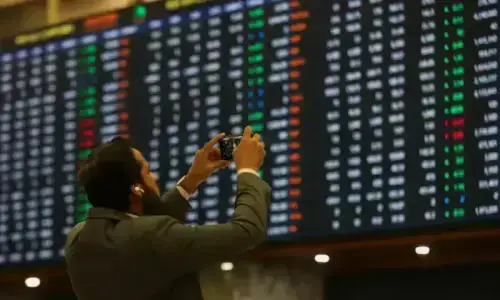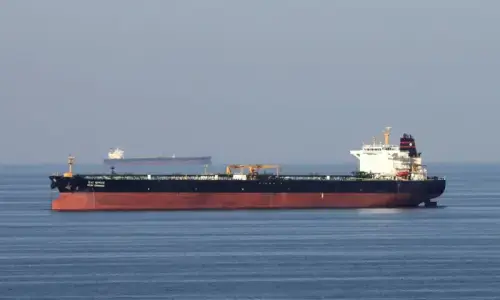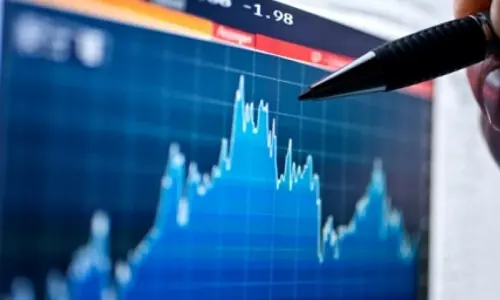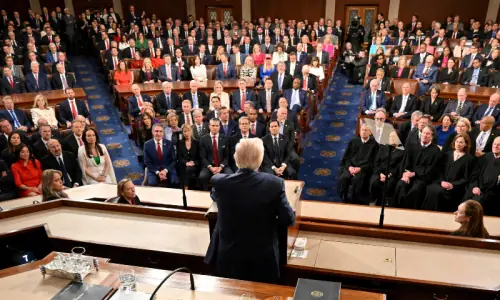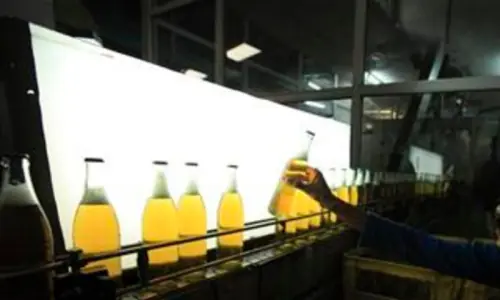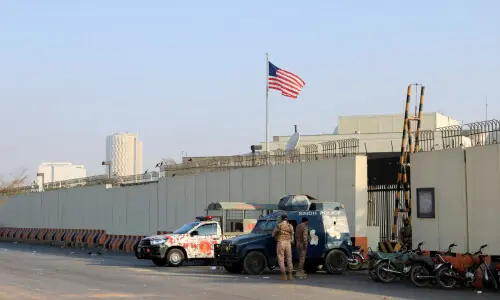“Trade, not aid” is a cliché that has frequently been used in Pakistan. Assuming that the entire world was open for our exports without any barriers, how much more could we export? Does anyone know our supply capacity? Where else could we export? Did we explore non-traditional markets? Did we strengthen any sector, except textiles? The list of questions goes on.
However, the most important and basic question is: what do we understand by the term ‘trade’? First, we need to understand that trade includes both exports and imports. When we want to trade with a country, it wants to access our market through imports into Pakistan. Second, textile is not the only thing that we (can) export. Third, we don’t realise the potential of services for exports as this is the least understood sector.
This warrants a fresh mindset for trade policy. To start with, we must recognise that trade, trade policy and trading system are three distinct areas to be dealt with in designing any relevant national policy. As a second step, there ought to be complementation within trade, industrial, fiscal, competition and monetary policies to enable the tradability of various sectors beyond textiles. Thirdly, there should be a realistic assessment of sectoral efficiency for the optimal allocation of resources, incentive schemes and efforts for export promotion.
In traditional trade policies, incentives are extended to large enterprises. But micro, small and medium enterprises carry a bigger export potential with lower incentive requirements
In practical terms, a fresh mindset is needed for the services sector. It has shown a consistent growth and increase of exports in recent years. Information technology (IT) and related services, particularly business process outsourcing, construction and engineering, transport and transit logistics, niche financial services (Islamic finance) and professional services (medical, engineering, accounting/auditing) carry a huge export growth potential. If properly accounted, exports of IT coupled with the rapidly emerging field of freelancing may exceed those of the textiles.
In traditional trade policies, incentives have largely been targeted for large enterprises and exporters. But micro, small and medium enterprises (MSMEs) carry a bigger potential with lower incentive requirements. Collective marketing and financing can cater to a large number of MSMEs. This is particularly important in the context of the new economy that is knowledge based, innovative and operates in the virtual marketplace.
In order to create an inclusive export culture, a mechanism should be developed to foster public-private partnership for global marketing efforts. The existing Export Development Fund (EDF) maintained by the Ministry of Commerce is meant for that. But it may not have been utilised properly due to a lack of active involvement from the private sector.
Efforts should be made to create national value chains and integrate them into regional and global value chains for both goods and services. Pakistan also needs to develop and promote national brands, including collective brands, appellation of origin and geographical indications.
At a macro level, Pakistan should use the World Trade Organisation (WTO) and multilateral trading system to promote exports and manage imports rather than focusing only on negotiations. This is particularly true for addressing the barriers that Pakistani exporters face in the international marketplace. The WTO provides for the redress of such concerns.
Preferential trade agreements are good policy tools, but a comprehensive cost-benefit analysis should be done before starting any new negotiations. Pakistan has jumped into many such agreements in recent years without requisite homework.
Pakistan has an export promotion force in the form of commercial officers in different countries. It is considered a prize posting by the bureaucracy. The chosen ones are rarely held accountable. These commercial officers should be given identifiable (numeric) targets for growth of exports in their countries of accreditation. They should act as salespeople rather than officers for the country. They also need to focus on investment and tourism promotion. An incentive scheme may also be considered for them ie small commissions for increasing exports and recalls if they don’t maintain good record.
As a matter of fact, Pakistan doesn’t need to use the “trade, not aid” cliché anymore. Global markets are wide open, guaranteed by the WTO, with a caveat on preferential trading arrangements. Pakistan should focus more on unexplored export potential in various sectors, particularly services, and target new markets in addition to enhancing competitiveness.
The writer is an international economic and trade policy practitioner ahmadmukhtar@gmail.com
Published in Dawn, The Business and Finance Weekly, October 29th, 2018


